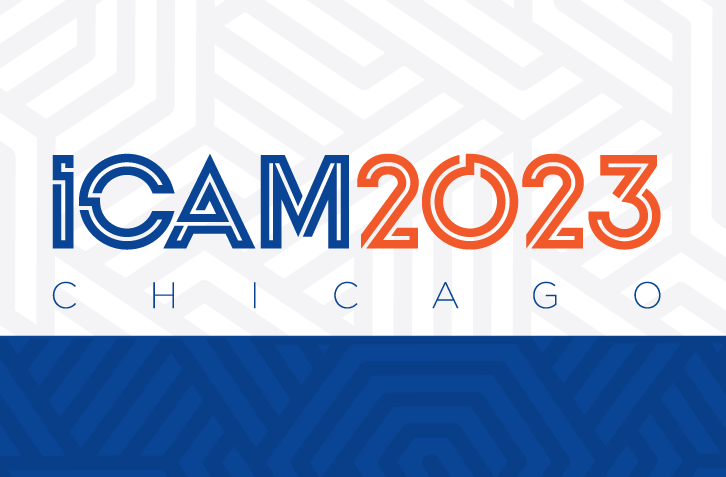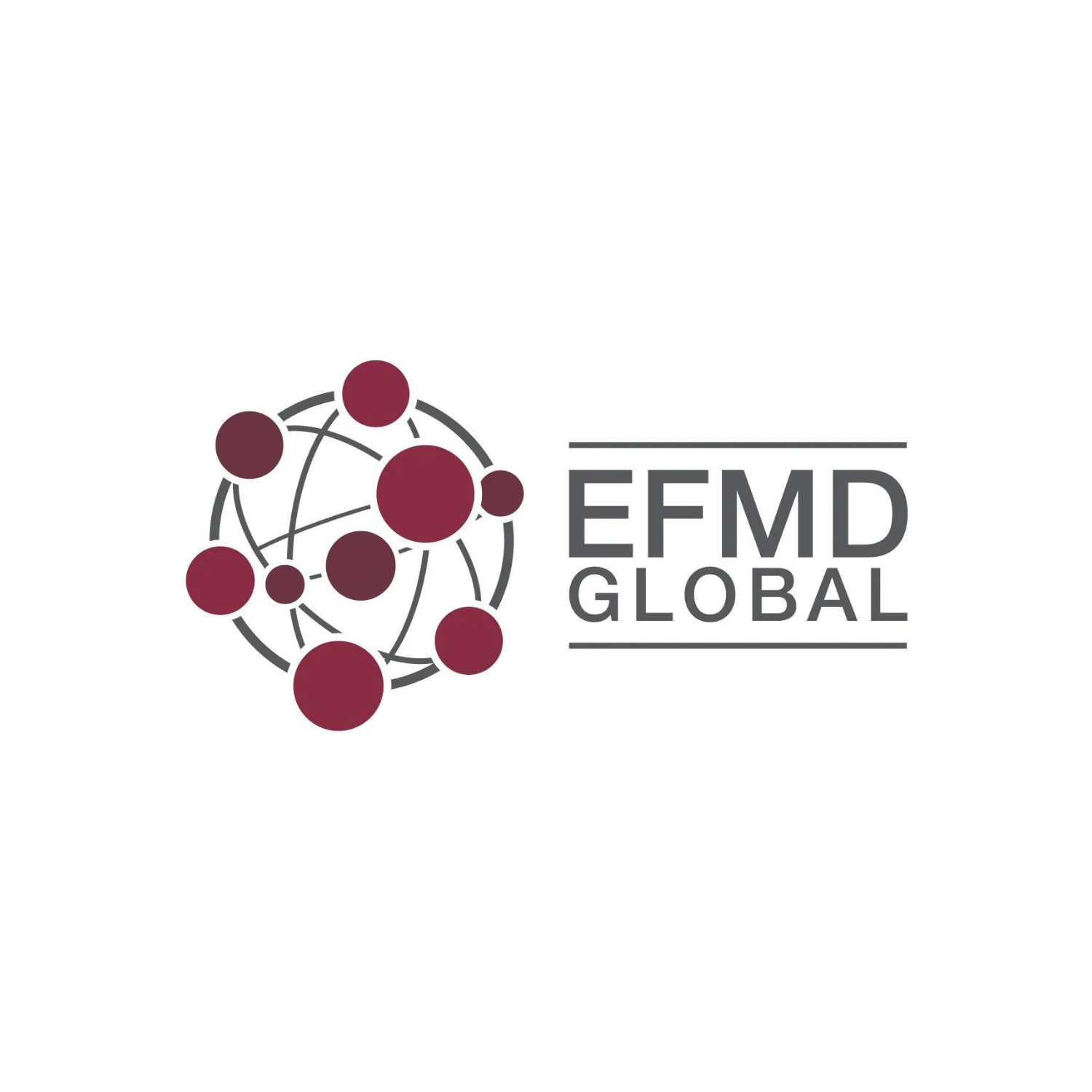
AACSB ICAM 2023 – Key Takeaways
ICAM 2023 was the first of five conferences that QED is attending before the end of June. As always, it was a great opportunity to catch up with friends, clients and colleagues – as well as hear some interesting speakers and updates on accreditation. As always, there was lots to choose from – but in the interests of focusing, my top three takeaways were:
1. Societal Impact was a recurring theme in several meetings and conversations. Several key principles within AACSB were re-emphasised throughout multiple sessions:
- It is up to Schools to define their areas of priority for positive societal impact – in alignment with their mission and values. AACSB does not prescribe what areas are required. Nor does it prescribe the use of the UN SDGs as a framework. However, many schools use the SDGs as it is widely understood and often aligns with institutional work for the PRiME network.
- It is not about demonstrating lots of activity across a wide range of SDGs – but about deciding which areas are being championed/emphasised (again, in alignment with mission and values). Most, if not all, schools have limited resources – so AACSB is encouraging schools to decide on the key areas of societal impact and focus resources (financial, human, organisational etc) accordingly. This does not preclude other activity from taking place – but places the focus clearly on areas where it might be possible to ‘move the needle’ and have real impact.
- Some participants are clearly struggling with the definition of impact and how to measure impact. In essence, there isn’t a ‘stock’ measurement system, as the metrics employed by any school will need to align with its identified area of focus. However, it may be helpful to revisit AACSB’s White Paper on Societal Impact – and note particularly the definitions of, and relationship between, activities, outputs, outcomes and impact (Page 7 of the report)
2. Dr Linda Hill gave an incredibly engaging, thought-provoking session on the ABCs of Leadership and Building an Agile Organisation. There was so much to choose from in this session, and I need to review my notes and the slides again to get more of the learning. One of the things that stood out to me were her tips for identifying key barriers to change – using six key questions
Identify Key Barriers & How to Address Them
- How much do you spend on “shoulds” and “coulds?
- How do you encourage diversity of thought?
- How do you get people to view reasonable missteps and intelligent failures as learning opportunities?
- How do you ensure that people don’t compromise too quickly – as opposed to working through differences – when making decisions?
- Are you developing talent to be value creators and game changers?
- Is your team collaborative-ready?
3. In the Q&A session for Initial Accreditation, the presenters shared the key reasons why iSERs are sent back to Institutions for further review before being accepted (i.e. revise and resubmit decisions). These are:
- Standard 1 – Strategic Plan: At the point of submitting the iSER, the strategic plan is expected to be specific and current. This includes having key objectives, timelines and metrics (for measuring success or not).
- Standard 5 – AoL: The iSER should demonstrate a good understanding of AoL. A School may not be implementing the AoL process fully, but there should be a clear timeline for implementation, which demonstrates the overall understanding of the process and the ability to complete two cycles of measurement before a Peer Review Visit.
- Standard 3 – Faculty Qualification Criteria: Faculty qualification criteria (for SA, PA etc) should be aligned with mission and reasonably specific. For example, if a school has a strong mission to engage with practice, then the PA and IP criteria should strongly reflect the need for this engagement. The quality of activities should also be referenced – be it quality of research publications; level and type of practice engagement or other activities.
If you were at ICAM, what were your key takeaways? We’d love to hear them.
For those who may have missed last week’s email, take note of the inclusion of an AoL module within Accredinator. For further details, or to book a demo, please email accredinator@QEDaccreditation.com.







Recent Comments